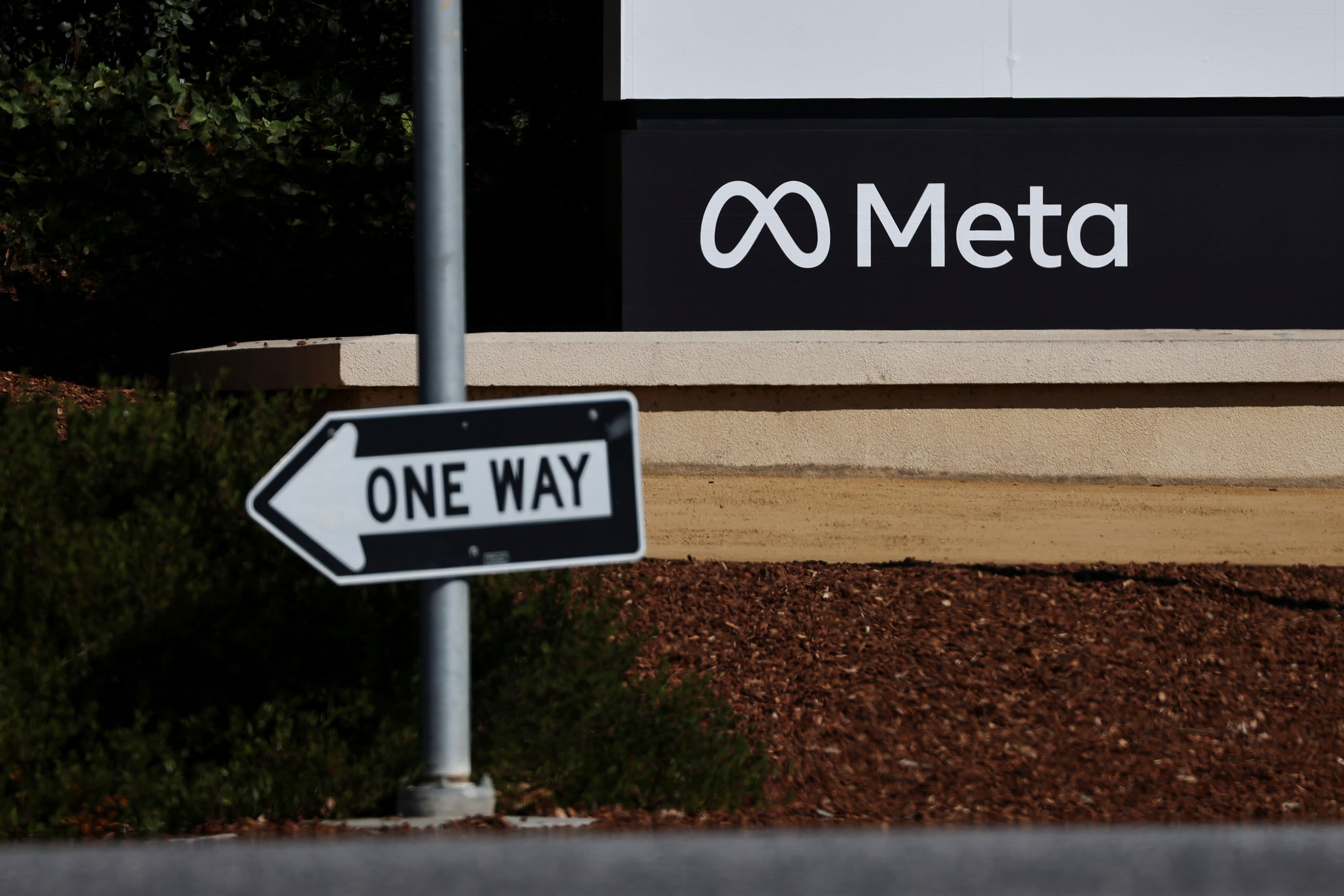Why does the adult world seem a lot like high school?
Duke University economics professor Timur Kuran has received some deserved publicity lately because of his insights into preference falsification. He recently tweeted about an article in the Wall Street Journal by James Freeman, who cites a promotional blurb that, tweets Kuran, “describes both the acceptance of DEI pre-October 7 and the transformation of public discourse unleashed by that day’s events.” Here’s the blurb:
A common effect of preference falsification is the preservation of widely disliked structures. Another is the conferment of an aura of stability on structures vulnerable to sudden collapse. When the support of a policy, tradition, or regime is largely contrived, a minor event may activate a bandwagon that generates massive yet unanticipated change. In distorting public opinion, preference falsification also corrupts public discourse and, hence, human knowledge.
I remember being taken, in a positive way, by Kuran’s early work. He had given a paper on preference falsification at the 1989 Western Economics Association annual meetings in South Lake Tahoe and I was a discussant. I had been unfamiliar with his work but found it fascinating. The basic idea is that people lie about their preferences in order to fit in. Then something can happen that brings the whole structure down like a house of cards.
I had never heard this before. My discussion was kind of rah-rah because I found it so insightful. I vaguely recall giving my own example from the discussion of the 1986 Tax Reform Act, whose progress through Congress I had followed closely. I noted that many economists seemed, like me, to think that taxing unemployment compensation benefits as ordinary “unearned” income was a good idea. The reason is that if those who received such compensation didn’t have much other income, the tax would be low. If they did have substantial other income, the tax would be substantial. That meant that the benefit would be targeted. But it also had good incentive effects, causing unemployed people to look somewhat harder for work and/or accept a job somewhat more quickly. But, I noted, few of the economists who I thought favored this seemed to be willing to speak up for the idea. I hypothesized that the reason so few economists discussed or defended the idea was that doing so would have brought publicity to an idea that non-economists might find objectionable. And those economists would be attacked. So what to do? Button their lips and let the reform sail through, which it did. I don’t recall for sure, but I think Timur liked this nuanced application of his idea.
Rarely do I leave a conference thinking hard about an idea I just heard. But his paper stuck with me. It helped resolve an issue that I had been thinking about for a couple of decades.
The issue was this: why does the adult world seem more like high school than I had expected when I was in high school?
Even when I was very young, I was not very hesitant to state my views. But in high school, I noticed that there could be strong social sanctions against me (fortunately, short of threatening my life, which happened only once) if I stated unpopular views.
I remember one particular incident that reinforced my idea that the world wouldn’t come crashing down on me if I did so.
It was in 1964 and I was in 10th grade (or, as we called it in Manitoba, Grade 10.) It was in early September and the school year had just started. One of my “colleagues”–I’ll call her Christine–was asked by the teacher to stand in front of the class and tell us about her experience with the Model UN that she had attended that summer. She did so, and then turned to a current political issue. Barry Goldwater was running against LBJ. She asked the class if anyone thought that Goldwater was worthwhile. “Worthwhile” wasn’t the word but it was something like that. I sensed that if one did think he had anything going for him, now was not the time to say it.
But a few days earlier, I had said to my friend–I’ll call him Bernard–that I kind of liked Goldwater’s line “Extremism in defense of liberty is no vice.” I didn’t exactly know what liberty was, but it sounded good. And if it was good, was there anything wrong with being extreme in defending it?
One thing that had led to my views is that during the summer, after Goldwater had received the Republican nomination, my father and I were at our cottage at Minaki overlapping with his older brother Elmer and Elmer’s wife Edith. They had moved from Winnipeg to Texas in the 1930s. One evening at dinner, my father, who feared Goldwater, had said to Elmer, “So, Elmer, I’m sure you’re going to vote for LBJ.” “Actually, no, Stan, I’m not,” said Uncle Elmer, “I’m voting for Goldwater.”
“What?” said my father, very angrily and very loud. That was normally enough to intimidate anyone. But Elmer calmly held his ground and referred to a paperback book he had read (he had brought a copy along) titled A Texan Looks at Lyndon. Recently, by the way, a friend gave me my own copy. I had never seen someone stand up to my father that way and I was charmed.
So that had given me the courage to say good things about Goldwater to my friend Bernard.
Still, I wasn’t dumb. I sensed that there would be a lot of nastiness if I responded to Christine that I found certain aspects of Goldwater interesting and potentially positive.
So I buttoned my lip. But then Bernard whispered, “Come on, David. Speak up. You said good things about him the other day.”
“What the hell,” I thought. So I said, “Yes, I think there are some positive things about Goldwater.”
“Get serious,” a few people said almost in chorus. And those who said it included my friend Bernard, which is why I’m not saying his real name.
I felt bad. But not that bad. That experience made me realize that I could handle people’s disapproval. It was pretty much from then on that I spoke my mind.
So what did Timur Kuran do for me? Helped me understand the thinking of those around me, not just in high school but also in the adult world. It also helped me understand why I was different: I had handled high school; I could handle the bigger world.
The picture above is of Timur Kuran.















